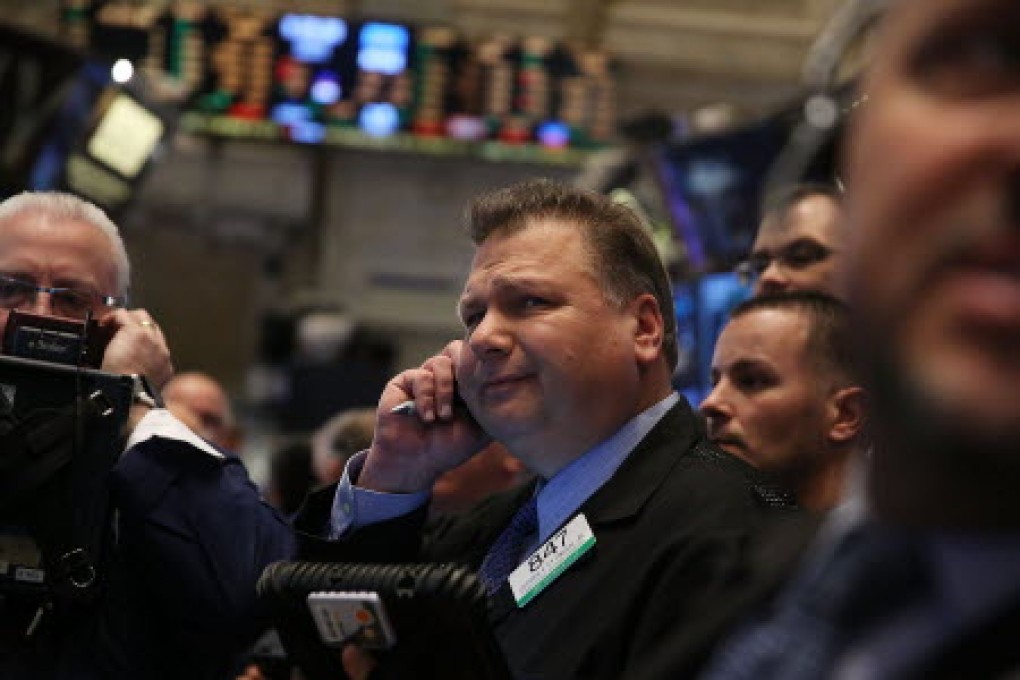Macroscope | Remarkable lack of enthusiasm for global equity rally

The last time the Nasdaq Composite, the US technology equity benchmark, surpassed the 5,000 level was in March 2000 at the height of the dot-com bubble.
On Monday, the Nasdaq rose to 5,008, closing in on its record close of 5,048 and marking the latest milestone in a six-year-long bull market for equities that has set new records over the past few weeks. The benchmark S&P 500 index closed at a record high on Monday while the FTSE Eurofirst 300, the main European index, surged to a seven-year high on February 27.
Japan’s main equity index stands at a 15-year high while its British equivalent reached a 16-year one on February 24. Make no mistake about it, global equity markets have been on a tear for some time now.
The foundations of the rally are being persistently questioned by investors
This makes the conspicuous caution and lack of enthusiasm characterising the equity rally - particularly in the United States - all the more remarkable. Often referred to as the most unloved bull market ever, the foundations of the rally are being persistently questioned by investors.
This is because of the liquidity-driven drivers of equity markets since the eruption of the global financial crisis. Central banks’ ultra-accommodative monetary policies - mainly those of the US Federal Reserve but also those of the Bank of Japan and, more recently, the European Central Bank (ECB) which will launch full-blown quantitative easing (QE) later this month - have supplanted revenue growth and capital investment as the fuel for the rally.
Even in the US, where the economic recovery is on much firmer ground and leading technological stocks such as Apple and Google have been enjoying robust sales and earnings growth, strong returns stem mainly from the effects of cheap money and aggressive cost-cutting.
However the main misgiving on the part of many investors is the troubling disconnect between Wall Street and Main Street. While equity markets the world over are reaching new highs, the economic recovery remains patchy and is falling far short of expectations. In the case of Europe and Japan, growth is lacklustre at best, crimped by weak demand and a shortage of credit.
The fear is that the underpinnings of the rally are too brittle to cope with a tightening in US monetary policy - especially if bond markets start to price in a more hawkish Fed, leading to a sudden and sharp rise in Treasury yields.
